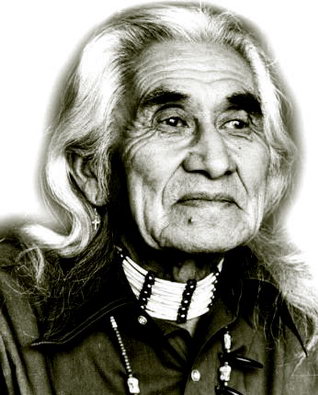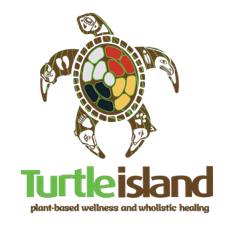Fresh, affordable food should be a right, not a privilege. (Part 1)
Welcome to my first article of 2017! Over the past few months, we’ve been having conversations with remote First Nation communities across Canada. Our goal wasn’t to promote First Nation Growers, but rather to listen to the members of those communities and develop a deeper understanding of how the Northern Food Crisis is affecting them.
What we heard made us sad, angry and, more than anything, strengthened our resolve to help our brothers and sisters end this crisis.
Over the next few weeks, I’ll be sharing the thoughts and impressions that I’ve collected.
First up, a program that simply isn’t effective at addressing the problem – the NNC Subsidy.
What is the Nutrition North Canada (NNC) Program and Subsidy?
 The NNC is a government program that is supposed to subsidize the high costs of transporting food to remote communities. I’ve been told repeatedly – by the people suffering the most – that the Subsidy Program simply doesn’t work well, has not for years and needs radical change in order to work properly for our most remote Indigenous communities.
The NNC is a government program that is supposed to subsidize the high costs of transporting food to remote communities. I’ve been told repeatedly – by the people suffering the most – that the Subsidy Program simply doesn’t work well, has not for years and needs radical change in order to work properly for our most remote Indigenous communities.
There are 32 remote First Nation communities in Northern Ontario alone. This is more than any other region across Canada, yet only eight communities are eligible for the full NNC food subsidy! Another seven receive a partial subsidy ($0.05 a kilogram), while 17 communities are not eligible for any food subsidy at all – even though they pay up to four times as much as others do for fresh produce and foods across Canada.
This is outrageous!
It begs the questions … who decides which communities are eligible for the food subsidy, which ones are not, and why?
The program came under serious criticism in the 2014 Auditor General’s Report that found that the government could not verify whether the food subsidy savings were being passed onto Indigenous consumers in full, nor whether community eligibility was based on need.
Frankly, from what I understand, very little NNC food subsidy (and in some cases no subsidy at all) is being passed on to our more remote First Nation and Inuit Indigenous peoples.
It really is a sin that in our most remote Indigenous communities many foods are exorbitantly priced and primarily targeted to the area mining incomes, not the family incomes of our own First Nation and or Inuit family community members!
 At First Nation Growers, we take great pride in being a friend of the Anishinabek, helping other communities where we can. Our mission is to work directly with various First Nation leaders so their communities can produce their own year-round fresh produce and other natural foods locally. FNG, along with our Canadian Manufacturing Partners, are so very proud our progress toward our goal of helping provide better year round nutritional streams to our most remote Indigenous communities across Canada.
At First Nation Growers, we take great pride in being a friend of the Anishinabek, helping other communities where we can. Our mission is to work directly with various First Nation leaders so their communities can produce their own year-round fresh produce and other natural foods locally. FNG, along with our Canadian Manufacturing Partners, are so very proud our progress toward our goal of helping provide better year round nutritional streams to our most remote Indigenous communities across Canada.
Helping First Nation communities to produce their own fresh produce, natural foods, herbs, and other traditional indigenous medicines at year-round prices that each community family and their members can afford gives us incredible incentive to put our best foot forward, ensuring the First Nation’s future successes in their own indoor “Community Garden Market Farm” facility.
That’s all for Part One. Please join me next week for Part Two, our “Mission & Vision”.
Dawn Tabobondung is a proud member of Wasauksing First Nation and the Chief Executive Officer of First Nation Growers. First Nations Growers builds indoor “Community Garden Market Farms” that provide Indigenous & Inuit communities with a financially viable, year round opportunity to grow their own nutritionally rich fresh produce and foods. Be sure to follow First Nation Growers on Facebook.
“Indigenous indoor fresh foods farming today for a healthy tomorrow”
https://www.facebook.com/FirstNationGrowers/




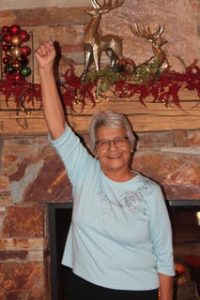
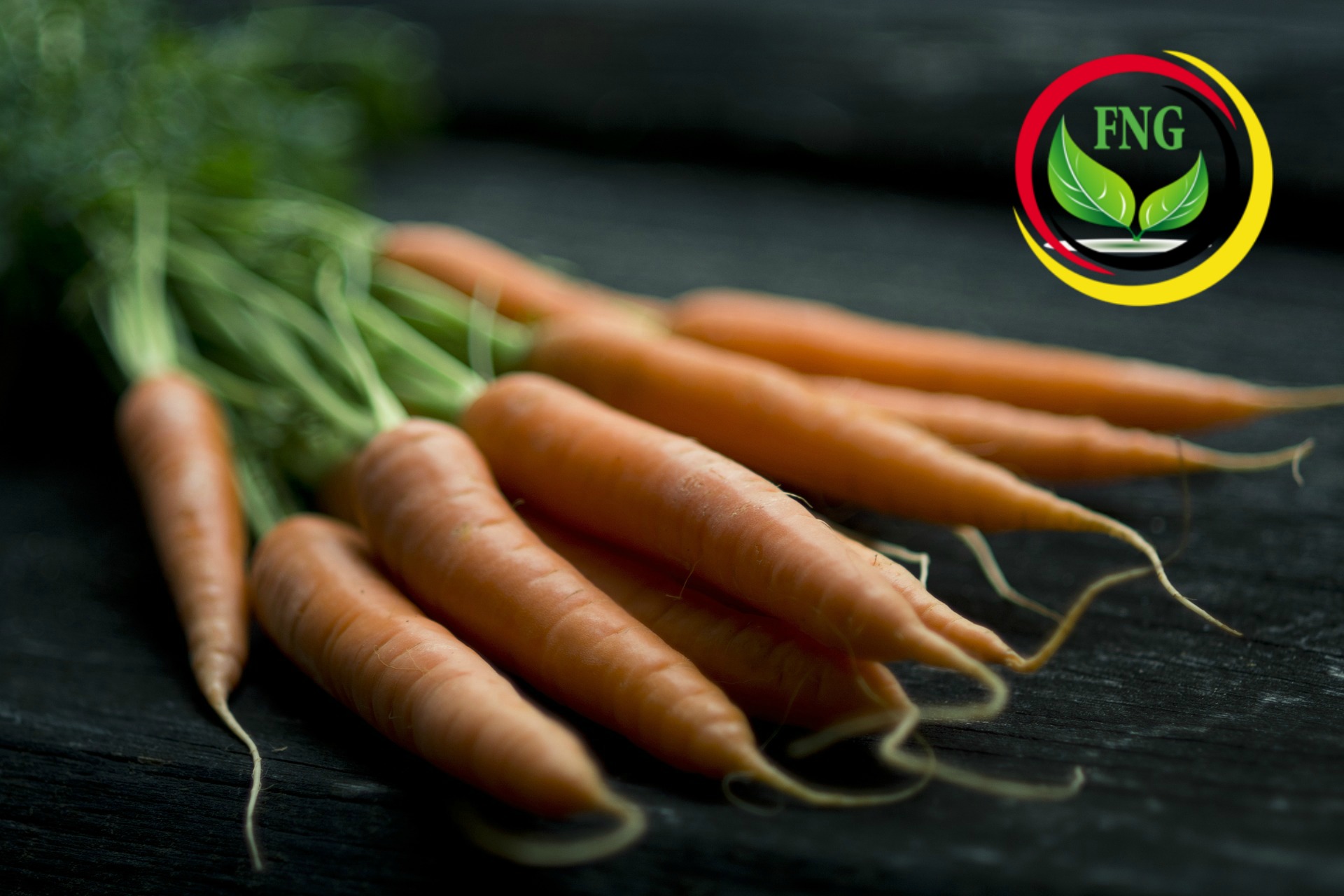
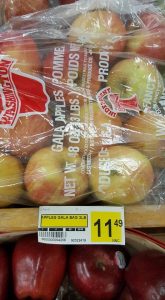
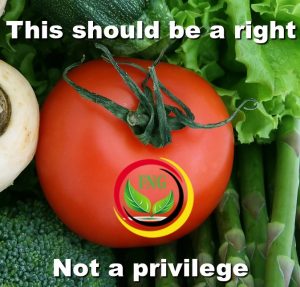 at prices all can afford.
at prices all can afford.